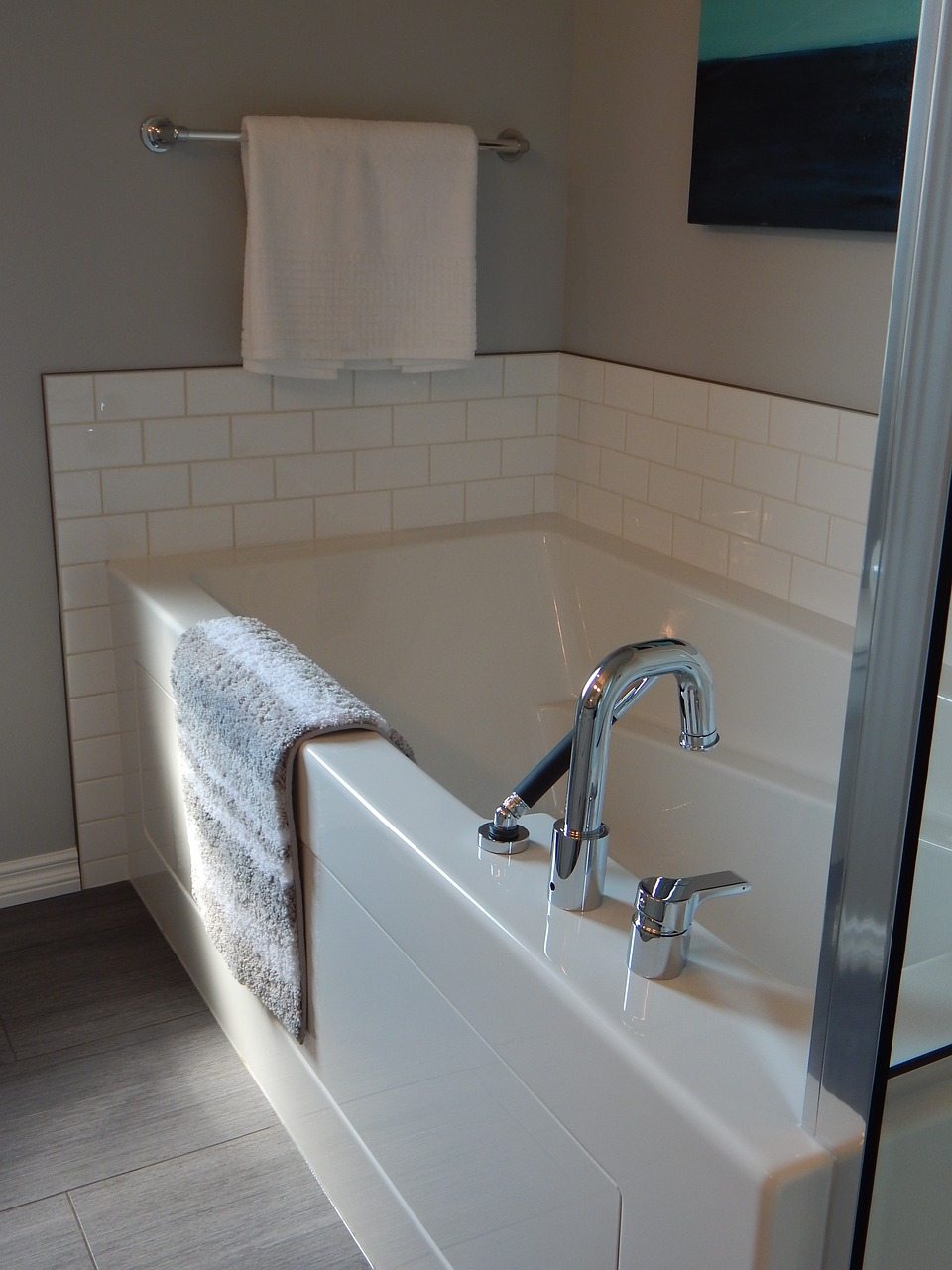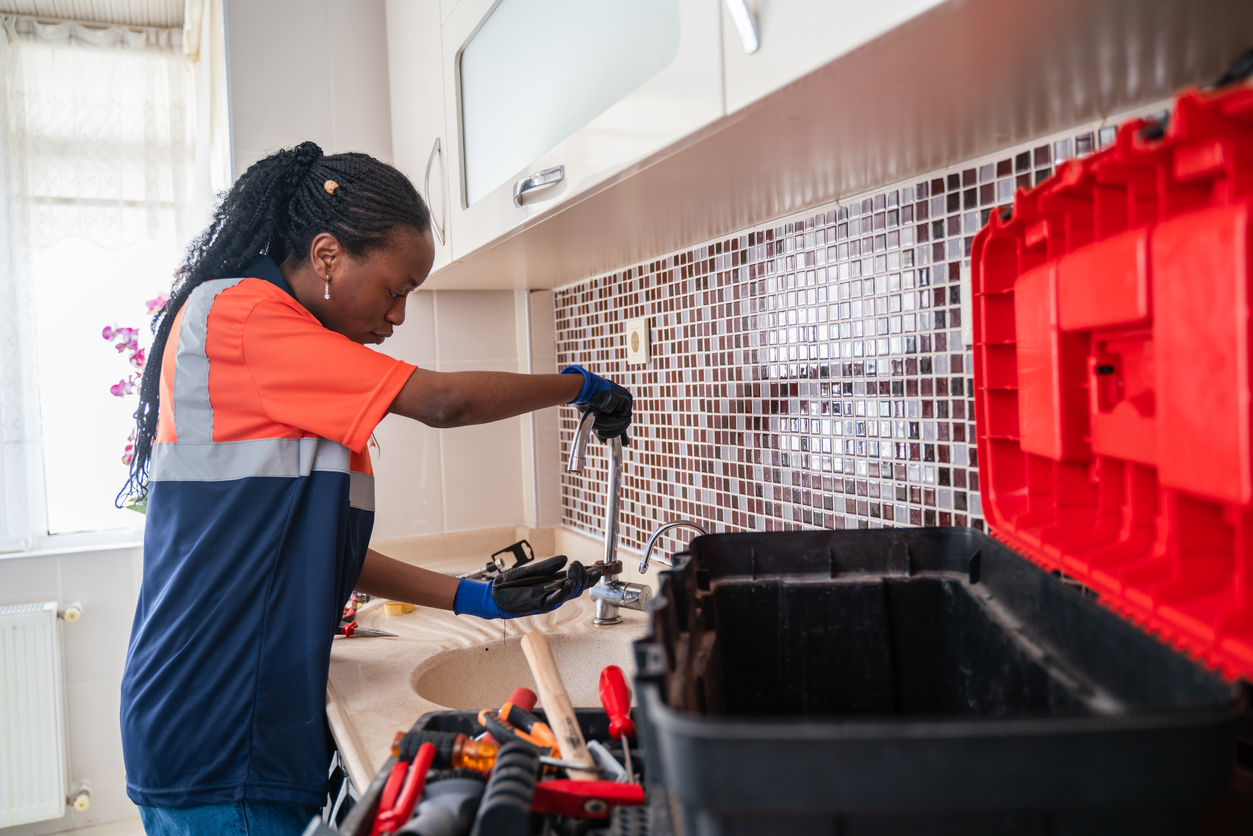Here below you'll find some first-rate insight around Smart Plumbing Tips for New Homeowners.

For brand-new home owners, understanding and keeping shower room pipes can save both time and money by protecting against pricey concerns down the line. Here are some important bathroom plumbing pointers to aid you maintain whatever running smoothly.
Prepare for Winter
Secure your pipes from freezing throughout winter by protecting pipes in unheated areas like cellars, attic rooms, and garages. Throughout severe cool, allow cold water drip from faucets served by revealed pipelines to aid protect against cold.
Set Up Normal Upkeep
Take into consideration organizing yearly assessments with a certified plumbing. They can find issues that you might miss, such as surprise leakages or damage on pipelines and fixtures. Regular maintenance helps expand the life of your pipes system and can stop emergency situations.
Acquaint Yourself with the Key Shut-Off Valve
Knowing where the major water shut-off shutoff lies in your home is essential. This allows you to promptly switch off the water system in case of major leakages or during pipes emergencies, preventing substantial water damage.
Regularly Check for Leaks
Tiny leaks can lead to big issues. Regularly check under sinks, around bathrooms, and near plumbing components for any indications of leaks. Try to find dampness, little drips, or corrosion. Catching and fixing leaks early can stop extra major damage and conserve water.
Maintain Your Hot Water Heater
Ensure your water heater is readied to a suitable temperature level (usually around 120 levels Fahrenheit) to prevent hot and decrease power usage. Flush the container every year to remove debris buildup, which can lower the efficiency and life-span of your heating unit.
Update Your Fixtures
If your home has older components, consider upgrading to extra efficient designs. Modern commodes, showerheads, and taps are developed to utilize much less water while providing good pressure, which can substantially lower your water bill and environmental impact.
Beware with DIY Plumbing Fixes
While it's appealing to take care of all home repairs on your own, be cautious with pipes. Some concerns could require expert know-how, especially if they include major water lines or sewer repair services. Working with a professional can in some cases be a lot more economical than do it yourself, specifically if it avoids additional damages.
Don't Disregard Slow Drains Pipes
If your sink or bath tub is draining slowly, it's usually a sign of a clog developing. Resolving this early can avoid a complete obstruction. Make use of a plunger or a plumbing technician's serpent to remove particles. Stay clear of making use of chemical drainpipe cleansers as they can harm your pipelines in time.
Know What Not to Flush
Toilets are not garbage disposals. Prevent purging anything apart from bathroom tissue and human waste. Things like wipes, feminine hygiene products, and cotton swabs must be dealt with in the trash to avoid blockages and sewage system back-ups.
Mount Strainers in Drains
Area strainers in your sink and bathtub drains to catch hair and other debris before they enter your plumbing system. Cleaning up the strainers routinely will help avoid accumulation and keep water streaming easily.
Final thought
Understanding and keeping your home's shower room pipes can stop lots of usual issues. By following these essential tips, you can ensure your bathroom remains useful and effective, saving you time and money in the future.
Essential Plumbing Tips for Homeowners: Keep Your Pipes Flowing Smoothly
As a homeowner, understanding the basics of your plumbing system can save you time, money, and a lot of headaches. Plumbing issues can range from minor annoyances like dripping faucets to major problems like burst pipes that cause significant damage. This guide provides essential tips to help you maintain your plumbing system and tackle common issues.
Understanding Your Plumbing System
Supply System: Brings fresh water into your home from a municipal source or a well. Drain-Waste-Vent System: Removes wastewater and vents sewer gases outside. Fixtures and Appliances: Includes sinks, toilets, showers, dishwashers, and washing machines. Basic Maintenance Tips
Regular Inspections: Periodically check for leaks, corrosion, and other signs of wear and tear. Look under sinks, around toilets, and near water heaters. Know Your Main Shut-Off Valve: In case of a major leak, you’ll need to shut off the water quickly. Ensure everyone in your household knows where the main shut-off valve is located. Prevent Frozen Pipes: In cold climates, insulate exposed pipes and let faucets drip during extreme cold to prevent freezing. Use Strainers: Install strainers in sinks and tubs to catch hair, food particles, and other debris that can cause clogs. Common Plumbing Issues and Solutions
Clogged Drains:
Prevention: Avoid pouring grease down the drain and use drain screens to catch debris. DIY Fix: Use a plunger or a plumbing snake to clear minor clogs. For stubborn clogs, a mixture of baking soda and vinegar can sometimes help. Leaky Faucets:
Prevention: Replace washers and seals regularly. DIY Fix: Turn off the water supply, disassemble the faucet, and replace worn parts.

Source